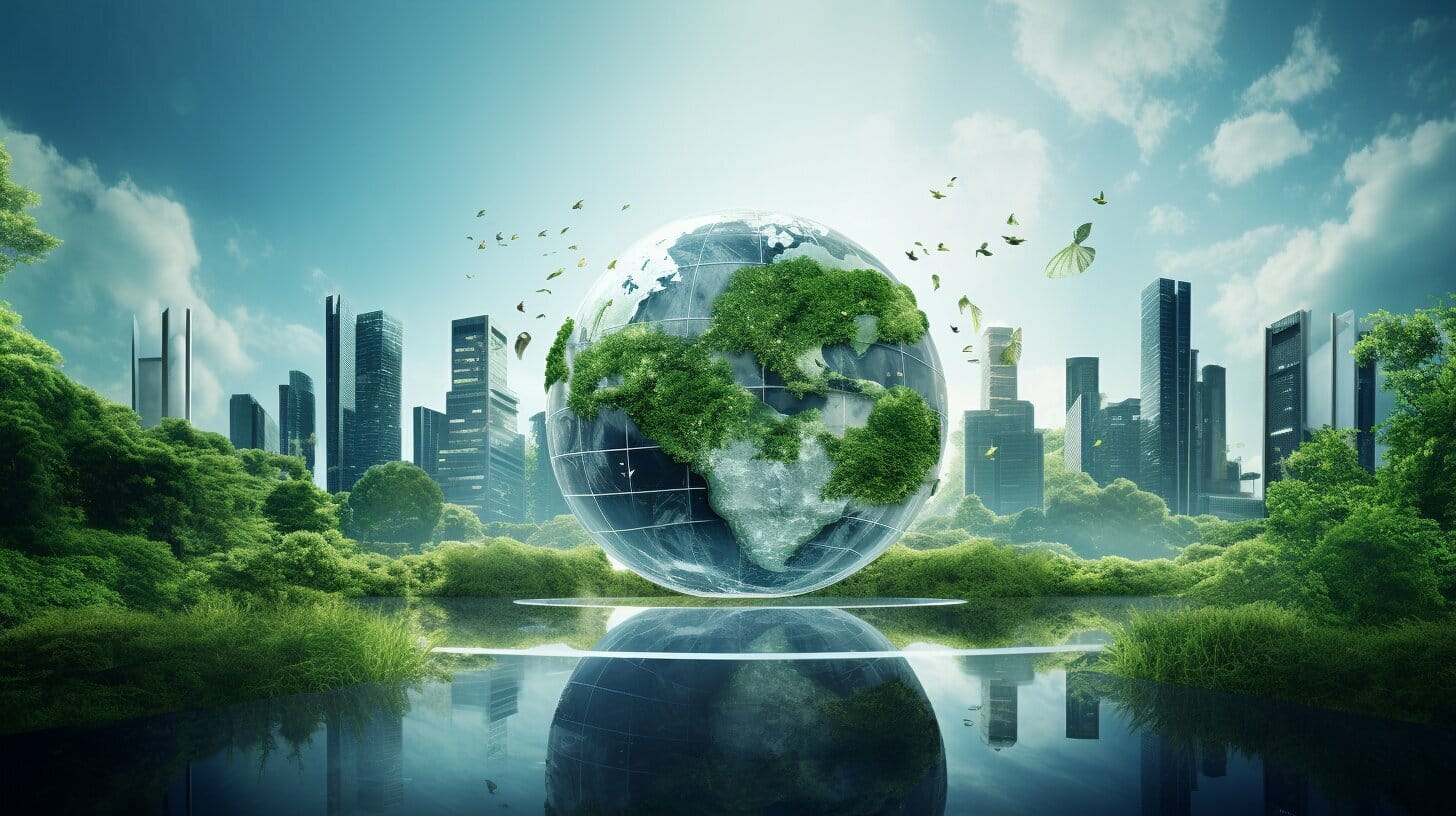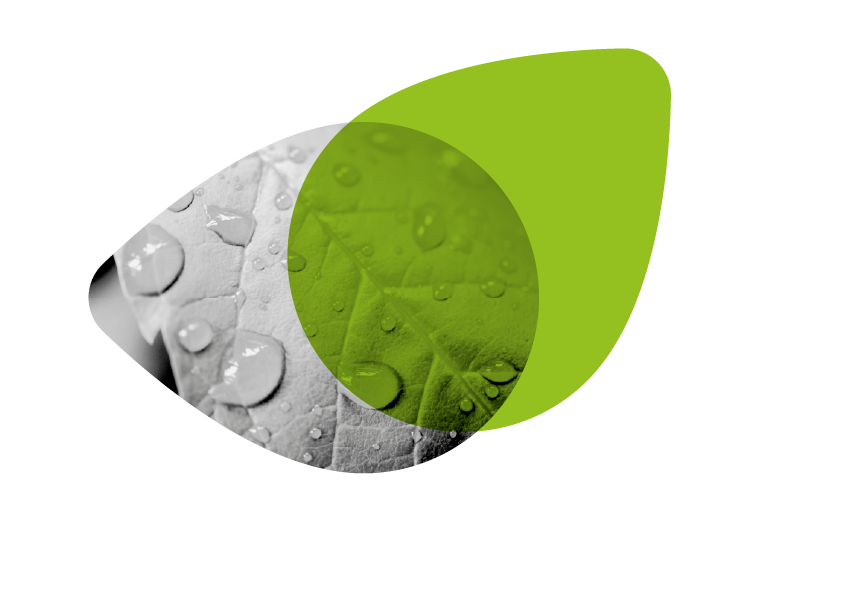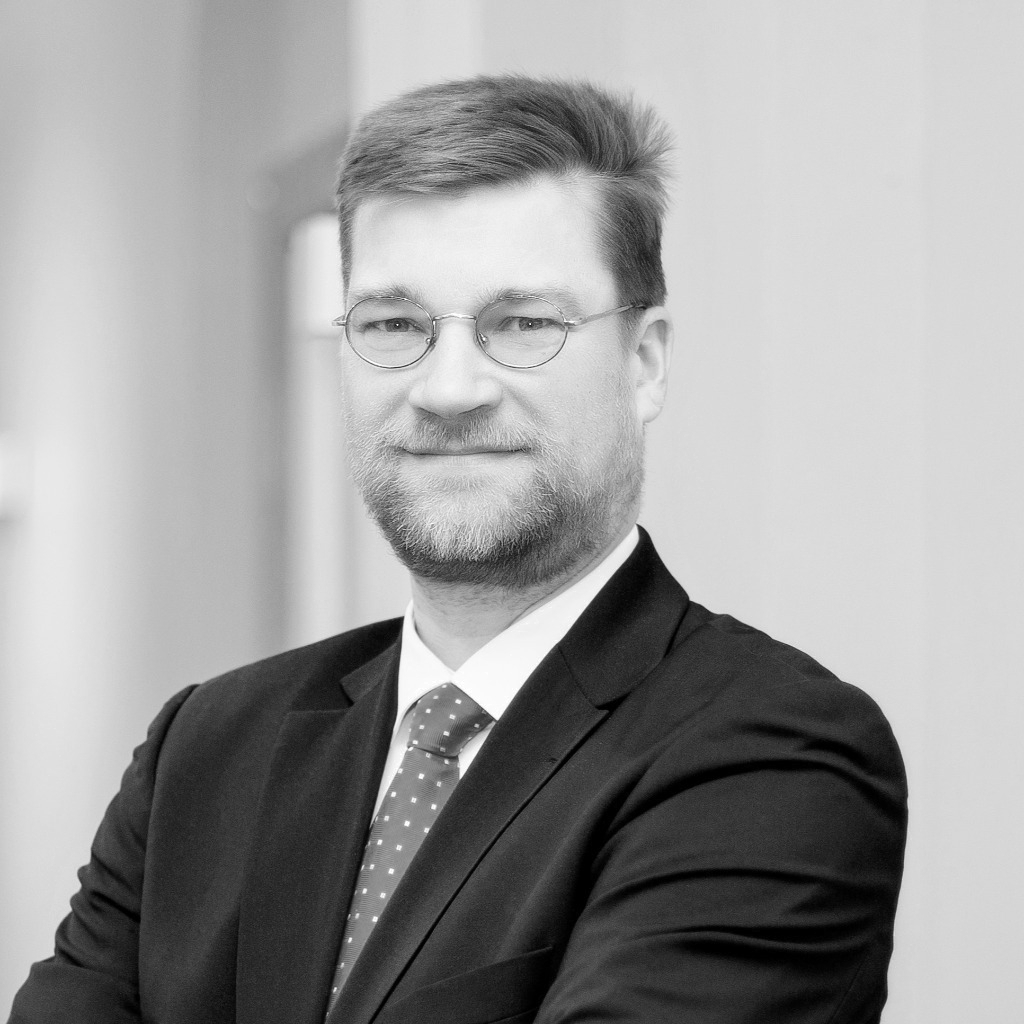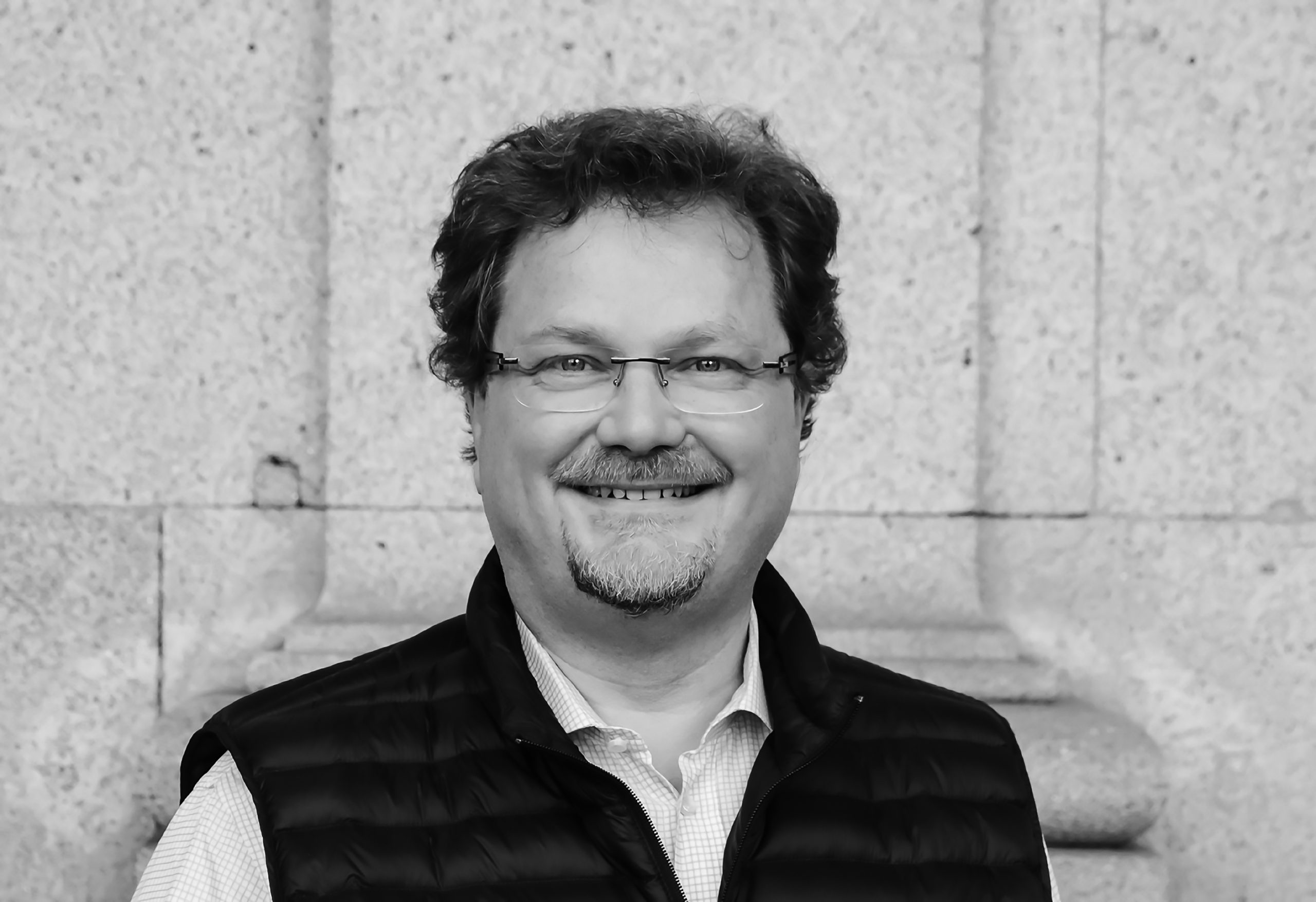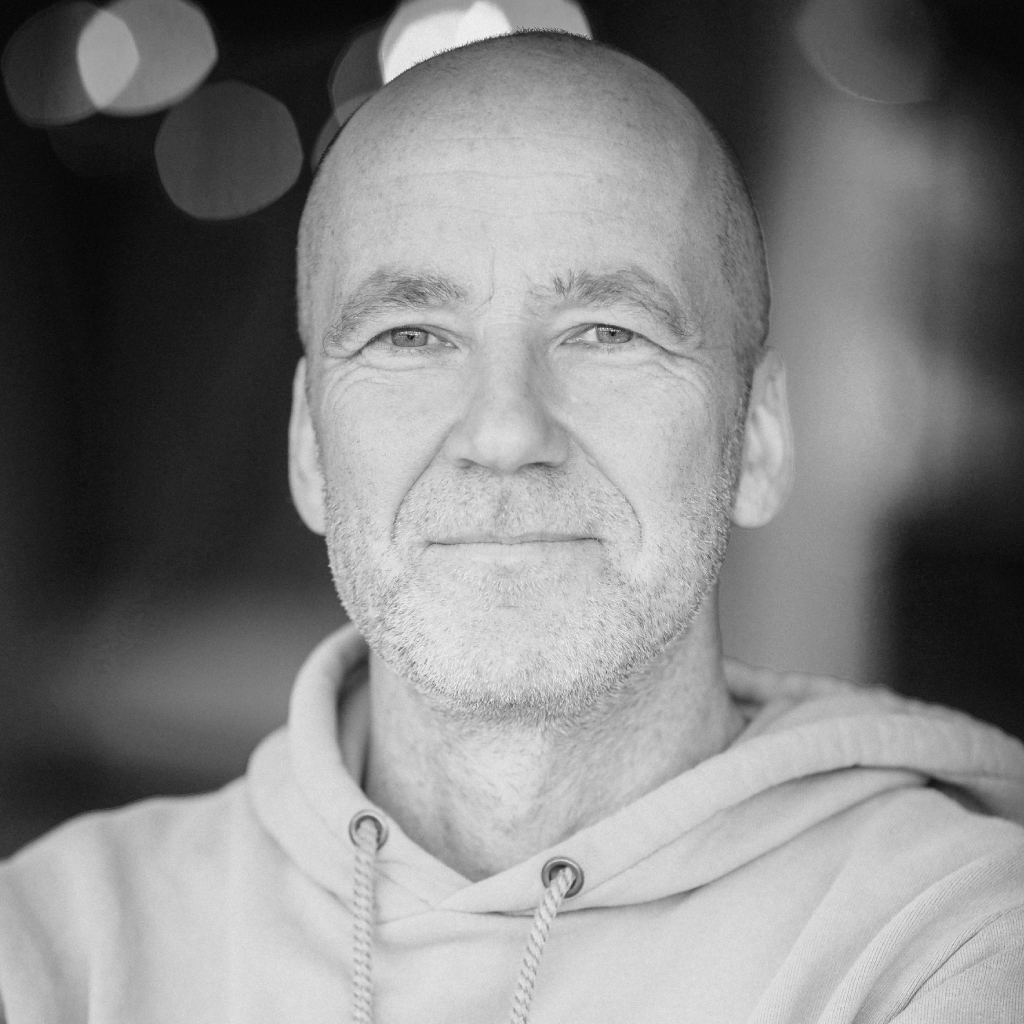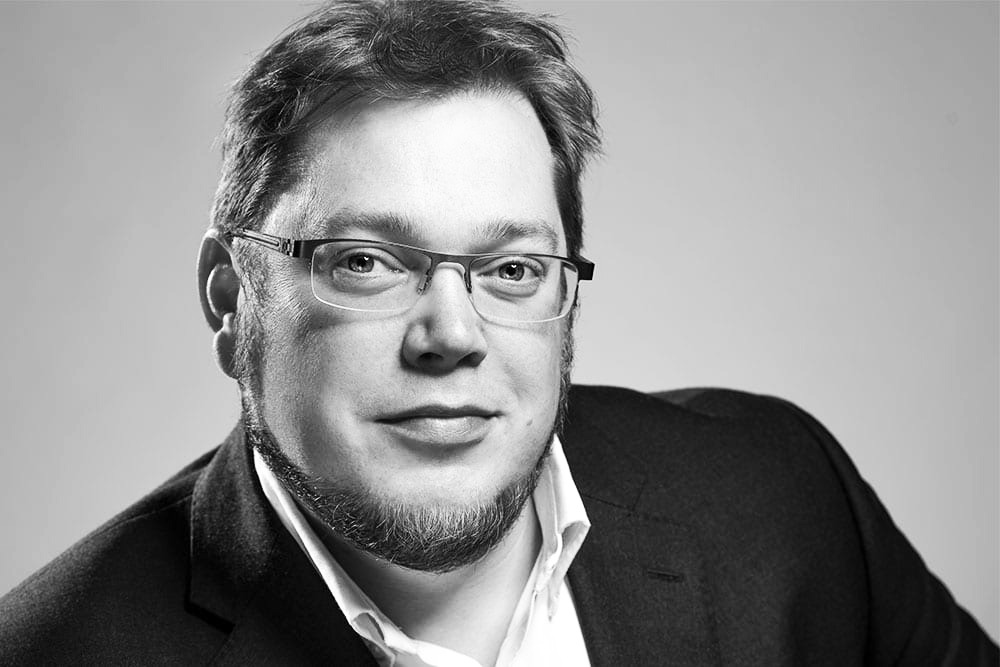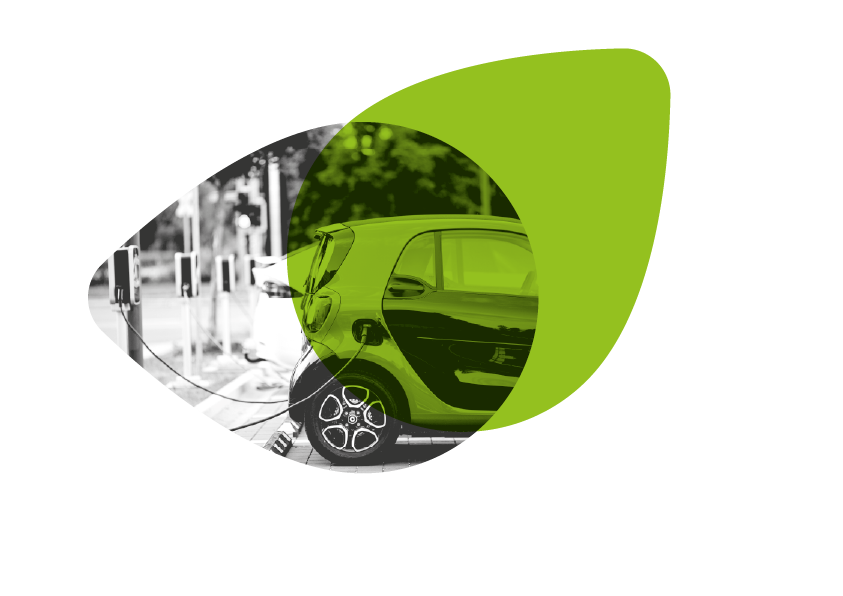The Net-Zero Industry Act is the European Union’s contribution to a sustainable future. Its focus lies in promoting green technologies, removing barriers, and providing financial support. But what specific benefits does the EU program offer, and how can businesses sell their produced green fuels?
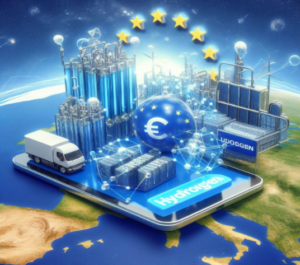
What is the Net Zero Industry Act?
The European Union has finally delivered a long-awaited response to the USA and China’s funding programs. To maintain its leadership in the green technology sector, the EU has introduced the Net Zero Industry Act. Through targeted investments in sustainable research and development, including hydrogen technologies, electromobility, and more, the EU aims to strengthen its markets and promote sustainability. Additionally, the Act provides financial support through tax incentives and grants, like the new STEP program.
In summary, the European Union is committed to enhancing market resilience and sustainability.
Strategic Technologies for Europe Platform – STEP
The new Sustainable Technology and Environmental Protection (STEP) Program is an EU initiative designed to support green technologies and research.
The program’s inaugural calls are scheduled to begin in the second quarter of 2024, with a focus on promoting sustainable projects across Europe. STEP encompasses various areas, including clean technologies, such as hydrogen, among others. It comprises a total of 11 funding programs. Notably, one of these programs is Horizon Europe, which boasts a budget exceeding €95 billion and emphasizes research and innovation.
Advantage for Sustainable Businesses
The transition to sustainable energy sources is increasingly sought after, and it is now further facilitated by the Net Zero Industry Act. But what specific benefits does this hold for your business?
- Investment Opportunities: The law will promote investments in clean technologies and has the potential to propel your business towards robust growth, as the market is expanding rapidly. According to Statista, the market for green technologies and sustainability is projected to increase from $13.76 billion to over $60 billion by 2030. This represents an annual growth rate of 20.8%. 2.
- Competitive Positioning: By proactively embracing climate-neutral energies, your business strengthens its competitive position. Being an early adopter positions you as a trailblazer, and your commitment to sustainability enhances your brand perception.
- Access to Funding: The associated STEP program provides excellent opportunities for securing funding to advance research and development. Sustainable projects aligned with the Act’s goals can benefit from financial support.
- Streamlined Processes: The Net Zero Industry Act simplifies conditions for producing such technologies. By reducing bureaucratic hurdles, you can focus on your ideas and development. For instance, faster approval processes for projects expedite implementation.
The Problem with the Trade of Green Fuels
Green fuels also play a crucial role in the EU’s funding program. But who will be the recipients of these new quantities, and how can the transfer between suppliers and buyers be optimized?
The market for green fuels, including hydrogen, ammonia, methanol, SAF, and biofuels, is booming. However, finding sellers or buyers can be challenging. Companies producing green fuels need efficient channels to connect with potential customers. This involves identifying industries or sectors that can benefit from these sustainable alternatives.
The Solution: GreenEarthXchange
GreenEarthX (GEX) is the World’s first Hydrogen Trading Exchange to operate across multiple countries. Our GEX Marketplace enables producers and consumers to connect.
Producers can list and verify their projects to build trust with consumers. Furthermore, manufacturers receive green certification from certified partners listed on the platform. Producers have access to partners and service providers for transactions and off-take. Subsequently, a tokenized contract is concluded to facilitate transactions with consumers.
For consumers, it is easy to filter and discover suitable partners. Thanks to verification, there is a clear overview of prices and offerings. A tokenized contract then enables full access and transactions with the producers.
GreenEarthX vision is to reduce the global carbon footprint through trading of green hydrogen and derivative products and helping to create a brighter, sustainable future.
The Road Ahead
The Net Zero Industry Act sets the stage for a thriving EU clean-tech sector. At the same time, it also brings new challenges, such as platforms for selling hydrogen and more. GreenEarthXchange has the world’s only answer with the GEX Marketplace.
Feel free to contact us to learn more or visit our website at GreenEarthX.
Kiel, Germany, 2024 March, 12th
Moritz Cornils, Impact Funding Europe
